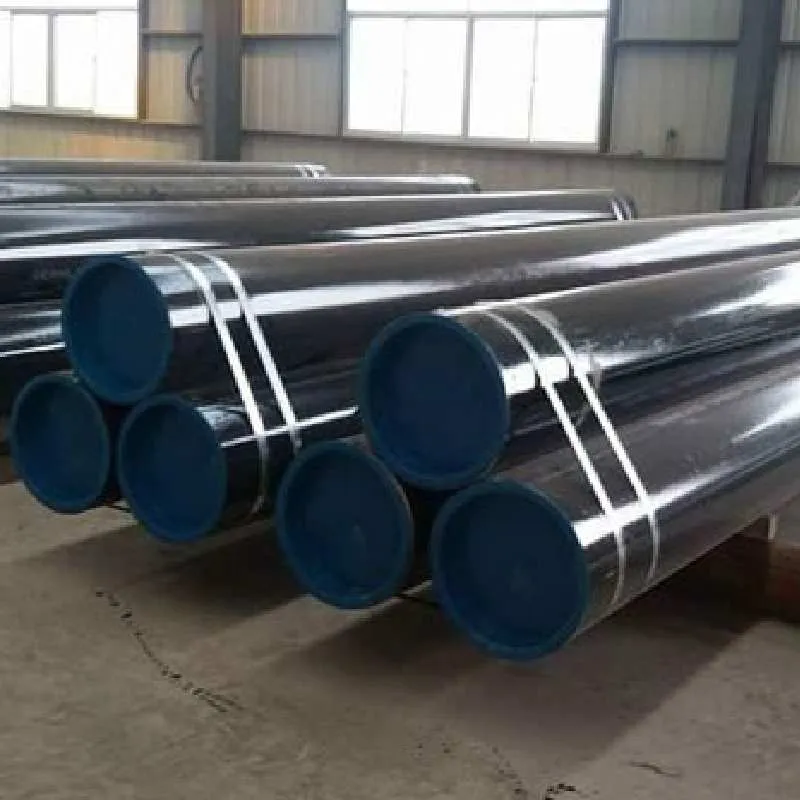-
Cangzhou Yulong Steel Co., Ltd.
-
Phone:
+86 13303177267 -
Email:
admin@ylsteelfittings.com
- English
- Arabic
- Italian
- Spanish
- Portuguese
- German
- kazakh
- Persian
- Greek
- French
- Russian
- Polish
- Thai
- Indonesian
- Vietnamese
- Zulu
- Korean
- Uzbek
- Hindi
- Serbian
- Malay
- Ukrainian
- Gujarati
- Haitian Creole
- hausa
- hawaiian
- Hebrew
- Miao
- Hungarian
- Icelandic
- igbo
- irish
- Japanese
- Javanese
- Kannada
- Khmer
- Rwandese
- Afrikaans
- Albanian
- Amharic
- Armenian
- Azerbaijani
- Basque
- Belarusian
- Bengali
- Bosnian
- Bulgarian
- Catalan
- Cebuano
- China
- China (Taiwan)
- Corsican
- Croatian
- Czech
- Danish
- Esperanto
- Estonian
- Finnish
- Frisian
- Galician
- Georgian
- Kurdish
- Kyrgyz
- Lao
- Latin
- Latvian
- Lithuanian
- Luxembourgish
- Macedonian
- Malgashi
- Malayalam
- Maltese
- Maori
- Marathi
- Mongolian
- Myanmar
- Nepali
- Norwegian
- Norwegian
- Occitan
- Pashto
- Dutch
- Punjabi
- Romanian
- Samoan
- Scottish Gaelic
- Sesotho
- Shona
- Sindhi
- Sinhala
- Slovak
- Slovenian
- Somali
- Sundanese
- Swahili
- Swedish
- Tagalog
- Tajik
- Tamil
- Tatar
- Telugu
- Turkish
- Turkmen
- Urdu
- Uighur
- Welsh
- Bantu
- Yiddish
- Yoruba

Aug . 13, 2024 13:06 Back to list
Innovative Techniques and Applications of Aluminum Centrifugal Casting in Modern Manufacturing Industries
Aluminum Centrifugal Casting An Insight into the Process and Applications
Aluminum centrifugal casting is a specialized manufacturing process that utilizes centrifugal force to produce high-quality aluminum components with exceptional dimensional accuracy and surface finish. This technique is favored in various industries due to its efficiency and the mechanical properties of the resulting parts. Understanding the fundamentals of aluminum centrifugal casting, its advantages, and its applications can provide valuable insights for engineers and manufacturers alike.
The Process of Aluminum Centrifugal Casting
The process of aluminum centrifugal casting involves pouring molten aluminum into a mold that is rotated around a central axis at a high speed. This rotational motion generates a centrifugal force that pushes the molten metal against the walls of the mold. As the metal cools and solidifies, it creates a dense and uniform structure that is often superior in quality compared to conventional casting methods.
Typically, the process begins with the preparation of the mold, which is often made from durable materials such as iron or steel. Once the mold is heated to the appropriate temperature, molten aluminum is poured into it. The rotational speed and duration of the casting process can be adjusted to achieve the desired thickness and properties of the finalized component. After cooling, the mold is removed, and the cast part is machined to meet specific dimensions and surface finish requirements.
Advantages of Aluminum Centrifugal Casting
One of the primary advantages of aluminum centrifugal casting is the superior mechanical properties of the finished products. The process minimizes defects such as porosity and segregation, resulting in a denser and tougher material. This makes centrifugal castings ideal for applications that require high strength and durability.
Additionally, the dimensional accuracy of components produced through this method is exceptional. The combination of centrifugal force and controlled cooling leads to parts that require minimal machining, reducing production time and costs. Furthermore, the intricate geometry achievable with aluminum centrifugal casting expands design possibilities, making it a versatile solution for many engineering challenges.
aluminum centrifugal casting

Another noteworthy benefit is the reduced waste material. Since the process involves pouring molten aluminum directly into a rotating mold without needing excessive trimming or finishing, it is inherently more efficient than traditional casting methods. This efficiency is not only cost-effective but also environmentally friendly, as it conserves valuable materials.
Applications of Aluminum Centrifugal Casting
Aluminum centrifugal casting finds application in a wide range of industries. One of its most prominent uses is in the automotive sector, where components such as engine blocks, cylinder heads, and transmission housings are produced. These parts benefit from both the strength and lightweight properties of aluminum, contributing to overall vehicle performance and fuel efficiency.
In the aerospace industry, where precision and reliability are crucial, aluminum centrifugal casting is employed to manufacture components such as bracket assemblies, housings, and structural parts. The high strength-to-weight ratio of aluminum makes it an indispensable material in aircraft design.
Additionally, industries such as marine, construction, and energy have adopted aluminum centrifugal casting for various applications, including pump housings, compressor cases, and even artistic sculptures. The ability to create complex shapes and maintain integrity under extreme conditions makes this casting technique invaluable across diverse sectors.
Conclusion
Aluminum centrifugal casting stands out as a highly efficient and effective method for producing high-quality aluminum components. Its advantages in mechanical properties, dimensional accuracy, and reduced material waste make it a preferred choice in many industries. As manufacturing technologies continue to evolve, the demand for innovative casting solutions like aluminum centrifugal casting is likely to grow, paving the way for advancements in design and engineering applications. Understanding and leveraging this process can enhance manufacturing capabilities and lead to more robust and reliable products.
Latest news
-
ANSI 150P SS304 SO FLANGE
NewsFeb.14,2025
-
ASTM A333GR6 STEEL PIPE
NewsJan.20,2025
-
ANSI B16.5 WELDING NECK FLANGE
NewsJan.15,2026
-
ANSI B16.5 SLIP-ON FLANGE
NewsApr.19,2024
-
SABS 1123 FLANGE
NewsJan.15,2025
-
DIN86044 PLATE FLANGE
NewsApr.19,2024
-
DIN2527 BLIND FLANGE
NewsApr.12,2024
-
JIS B2311 Butt-Welding Fittings LR/SR 45°/90° /180°Seamless/Weld
NewsApr.23,2024











